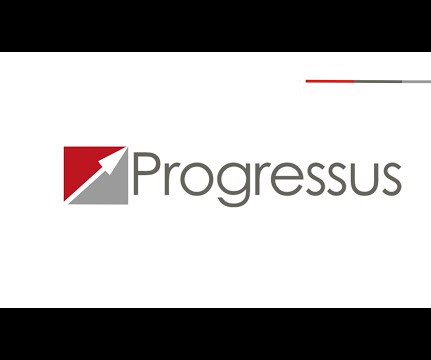Upgrade your Legacy System without Disrupting your Project-based Organization
Progressus
NOVEMBER 27, 2023
Legacy systems are outdated computer systems, software applications, and technologies designed to perform specific tasks in a specific way. With less hardware and software baggage and a more modern IT architecture, established companies can simplify their processes and IT environment and sharply improve their performance.













Let's personalize your content